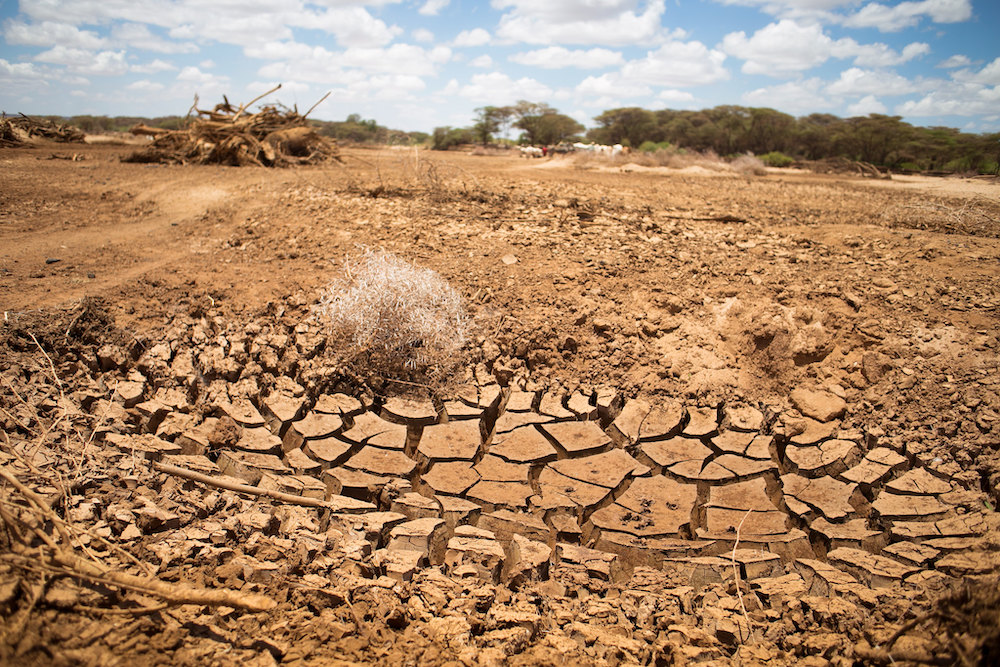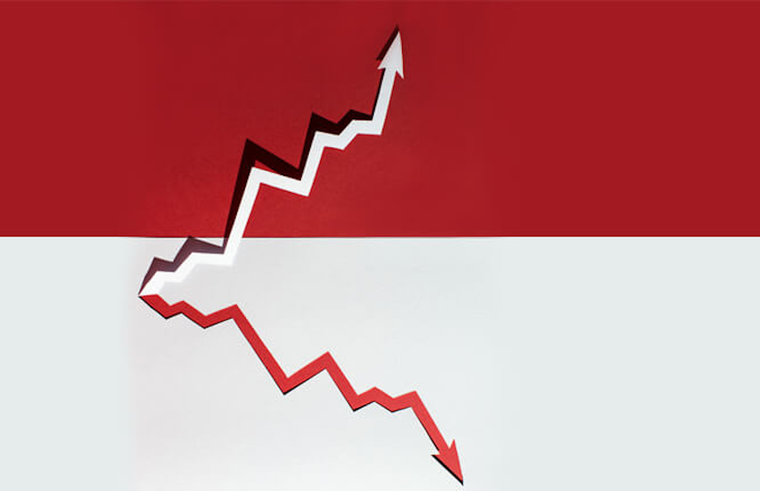As the year draws to a close, we reflect on the most popular articles published on the LSE International Development Blog. The climate crisis and Ukraine war were recurring themes in 2022:
- Making sense of Western media’s coverage of the Ukraine war
MSc student in Development Studies Mario Manenti examines the sociology behind Western media coverage of the victims and refugees of the Russia-Ukraine war, contrasting this with the portrayal of – and reaction to – victims of conflicts in non-Western regions like the Middle East. - Can Colombia become a second Venezuela with a leftist government?
Colombia will elect a new president in 2022 and the political campaign has already started. However, the debate so far has focused on personal attacks and black propaganda, leaving aside the essential discussion about the development model we need for poverty alleviation and inequality reduction. In this article, Luis Eduardo Gutiérrez Rojas considers one of the main arguments of some right-wing political sectors against a potential democratic left government in Colombia. - The Chinese debt trap: A myth or a Sinocentric world order?
ID alumna Shreya Gulati and co-author Anand Babu consider China’s continued rise in the context of the country’s role as a major development finance creditor, probing some of the accusations of a ‘debt trap’ strategy that have been levelled against the Asian superpower. - The politics of a changing global energy landscape
ID alumna Shreya Gulati and Anand Babu look at how increasing investment in renewable energy sources from a number of countries is impacting the global energy landscape. - The palm oil problem: There can be no sustainable development without indigenous participation
MSc student in Environment and Development Li Xuan considers the crisis of deforestation and habitat destruction caused by the palm oil industry in Malaysia, stressing the need for Western colonial accountability and meaningful involvement of indigenous groups to reach sustainable solutions. You can read a companion piece to this article by Li Xuan, ‘Sustainable palm oil production: making it happen‘ published in March 2022. - Is insurgency the only way to resist occupation in Ukraine?
LSE Fellow and Co-Director of the International Development and Humanitarian Emergencies programme Dr Ian Madison looks at examples of non-violent resistance from previous conflicts around the world and questions whether insurgency is the only way to resist occupation in Ukraine. - Are some refugees more equal than others?
Following the discriminatory treatment of Black and Brown asylum-seekers fleeing Ukraine, Atlantic Fellow for Social and Economic Equity, Irene Wakarindi questions whether some refugees are more equal than others. - Is the push for foundational numeracy and literacy in India pro-poor?
PhD student Martin Haus and guest blogger Abhinav Ghosh question whether the push for foundational numeracy and literacy in the Indian education system is pro-poor.
The views expressed in this post are those of the author and in no way reflect those of the International Development LSE blog or the London School of Economics and Political Science.
Image credit: Maria Teneva





